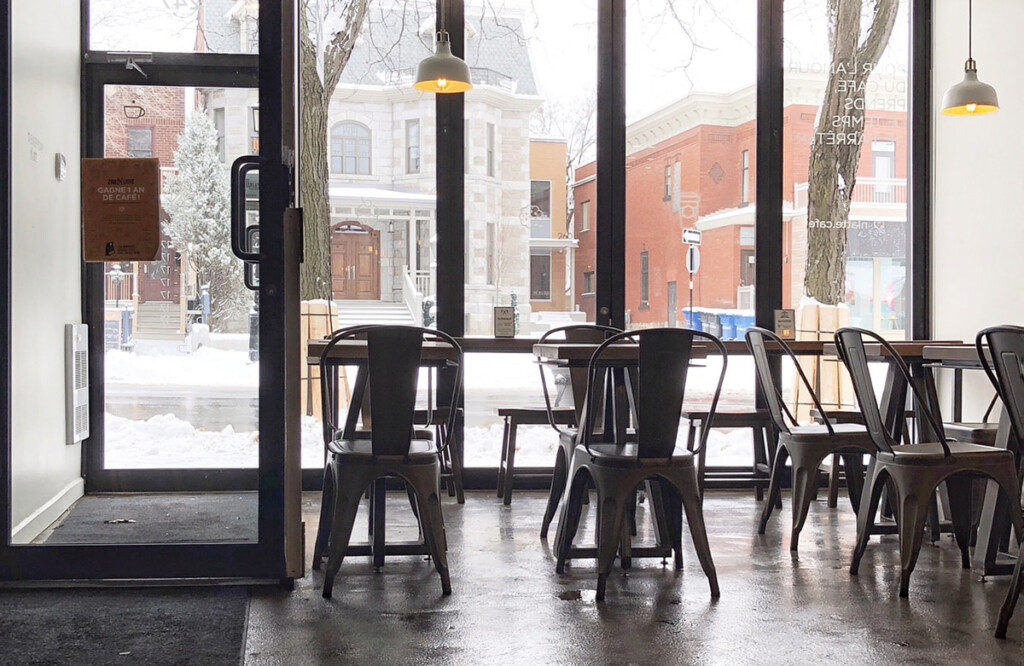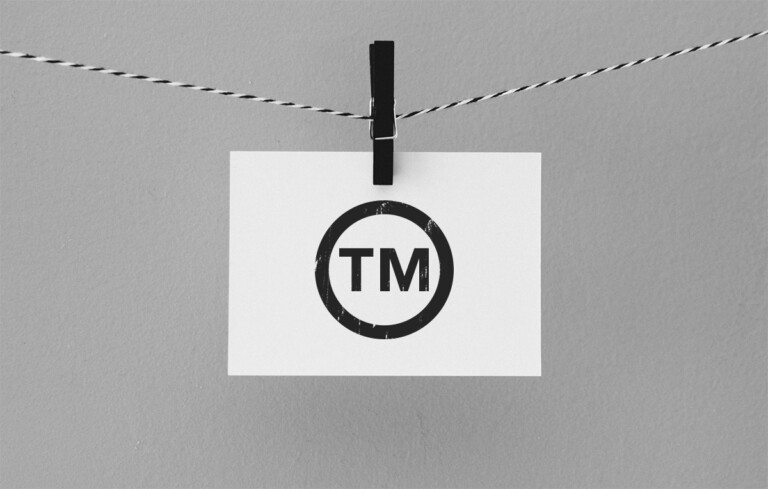
This article provides an update to our previous publications regarding the CECRA Canada Emergency Commercial Rent Assistance program (CECRA) for small businesses.
Our previous articles summarized the initial details from the Government of Canada regarding the implementation of the CECRA. On April 29, 2020, the Canadian Mortgage and Housing Corporation (CMHC), the Crown corporation administering the CECRA, published new details about this program. The CMHC’s information page for the CECRA can be found here.
As we reported previously, the CECRA is intended to provide relief to qualifying small businesses and commercial property owners by providing forgivable loans to qualifying owners to cover 50% of rent otherwise payable by small business tenants during April, May and June. The CECRA loans will be forgiven if the owner agrees to reduce their tenant’s rent by at least 75% for those three months and enters into a rent forgiveness agreement that includes the following terms:
- the tenant will be responsible for paying 25% of its monthly rent;
- the owner will be responsible for covering 25% of the monthly rent that would otherwise be paid to it; and
- the federal government and provinces will share responsibility for the remaining 50% by way of a forgivable loan disbursed directly to the owner’s mortgage lender.
The rent forgiveness agreement must also include a term not to evict the tenant while the agreement applies.
The CMHC has now provided further guidance as to which commercial property owners will be eligible for relief under the CECRA. We now know that the rent relief granted under the program applies to gross rent. Accordingly, the rent forgiveness agreement must be for a reduction of 75% of gross rent (not just base rent) per month. If an owner has received gross rent in excess of this amount from the tenant for any portion of the applicable April to June period, the owner must refund it, or credit it to the tenant for a future month’s rent as agreed upon by both the owner and the tenant.
Further, in order to qualify for the CECRA, the commercial property owner must:
- have a mortgage that is secured by the subject commercial property that is occupied by one or more “impacted small business tenants”, meaning a small business (including non-profit and charitable organizations) who:
- pay no more than $50,000 in monthly gross rent (not just base rent) per location, as defined by a valid and enforceable lease agreement;
- generate no more than $20,000,000 in gross annual revenues, calculated on a consolidated basis at the ultimate parent level; and
- have temporarily ceased operations (is generating no revenues), or has experienced at least a 70% decline in pre-COVID-19 revenues based on a comparison of revenues in April, May and June 2020 to the same months of 2019, or on an average of revenues earned in January and February 2020.
- have declared rental income on their personal or corporate tax return for tax years 2018 and/or 2019.
The CMHC has advised that an alternate mechanism for rent relief will be implemented for commercial property owners that do not have a mortgage. Details about this alternate program have not yet been provided.
We will keep you advised of further details regarding the CECRA as they become available.




